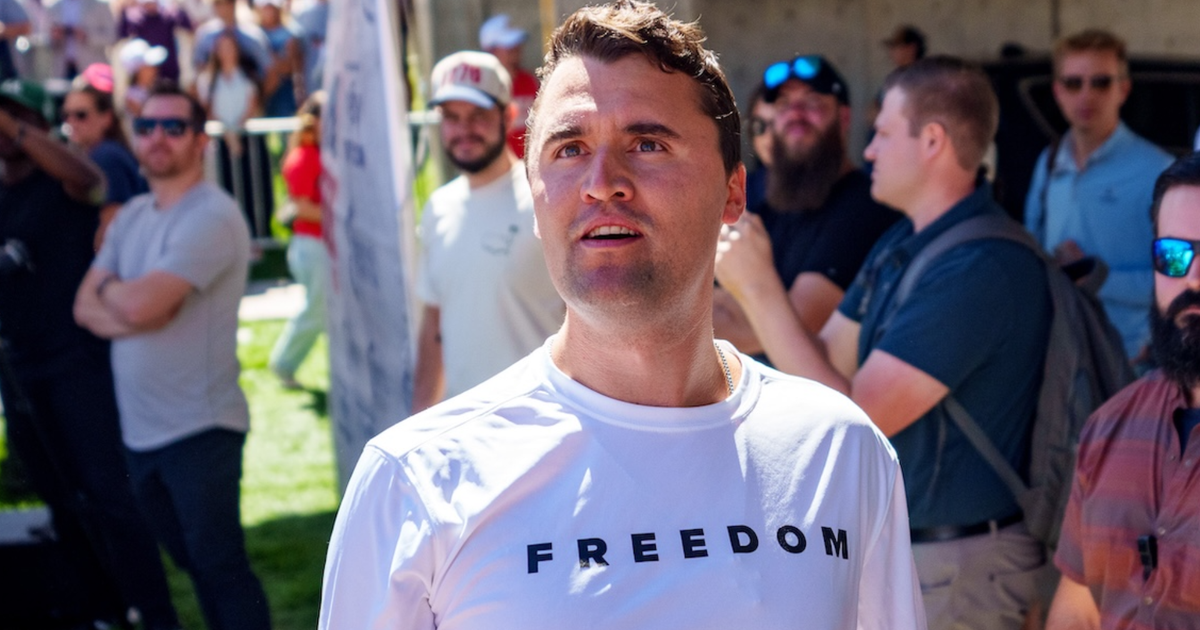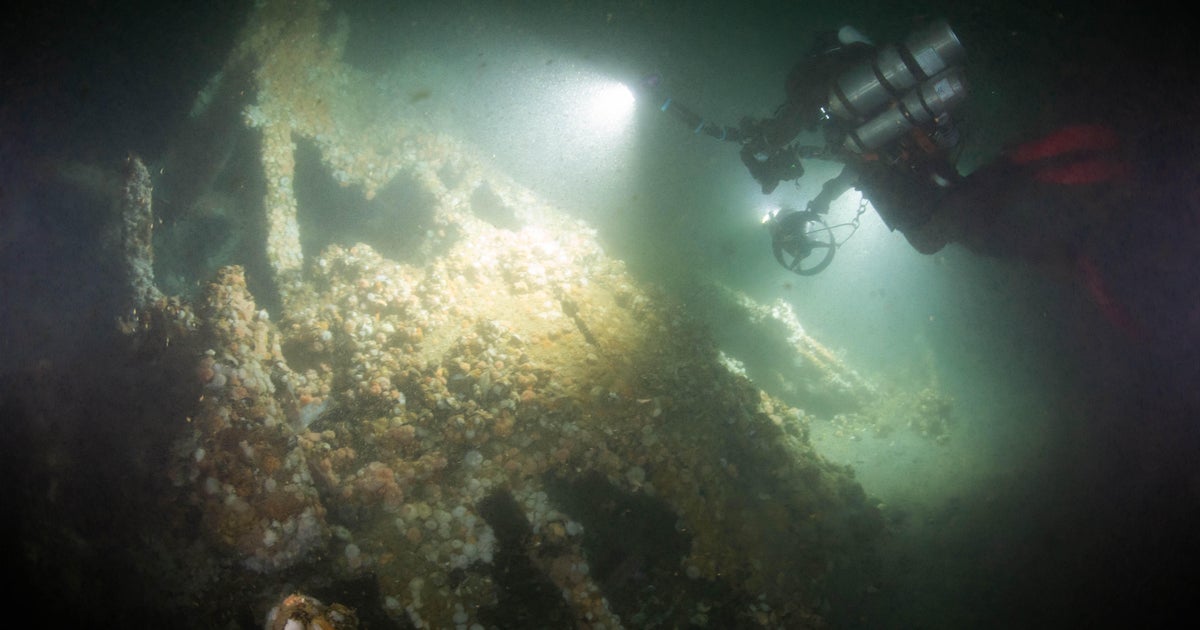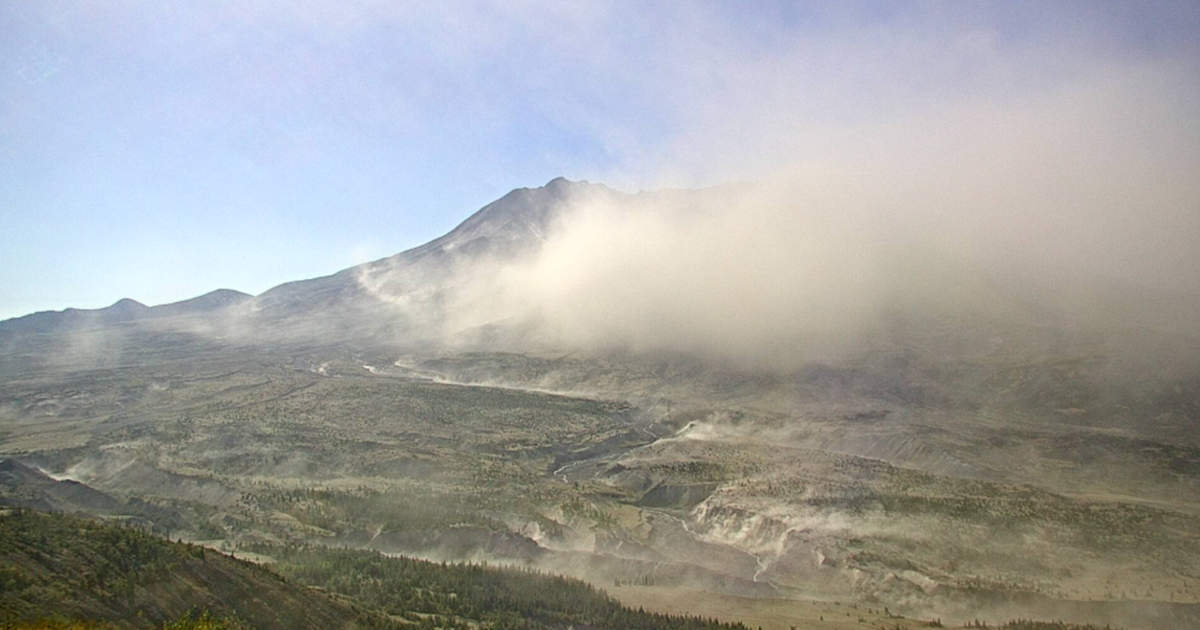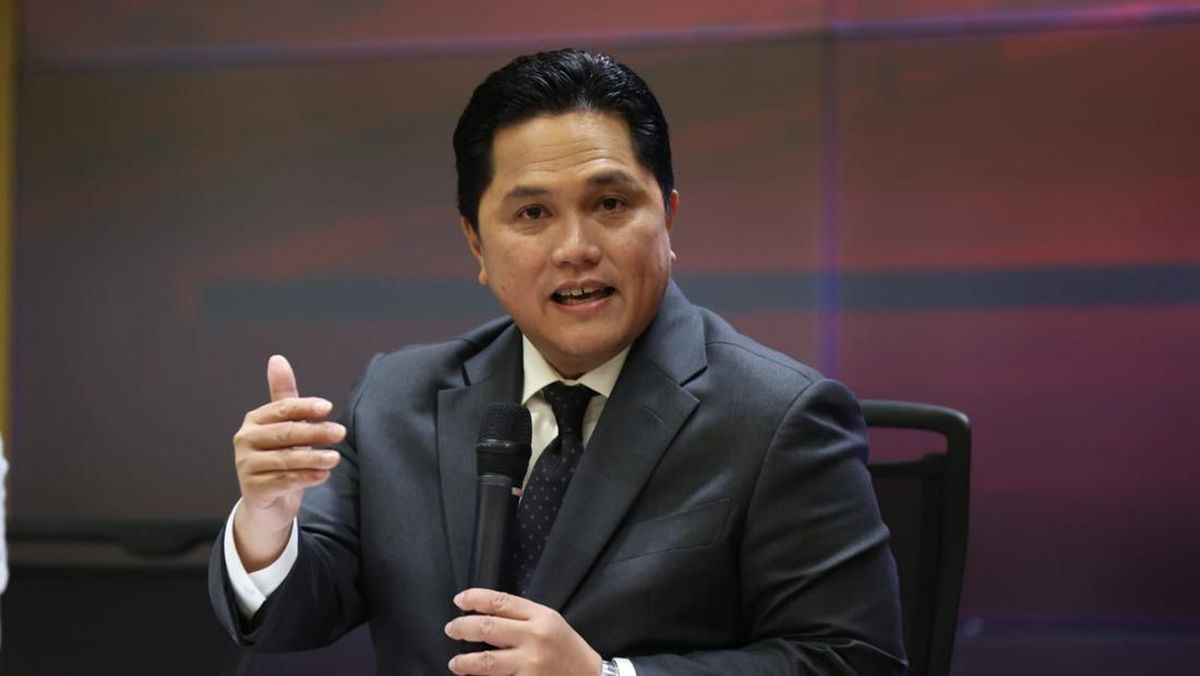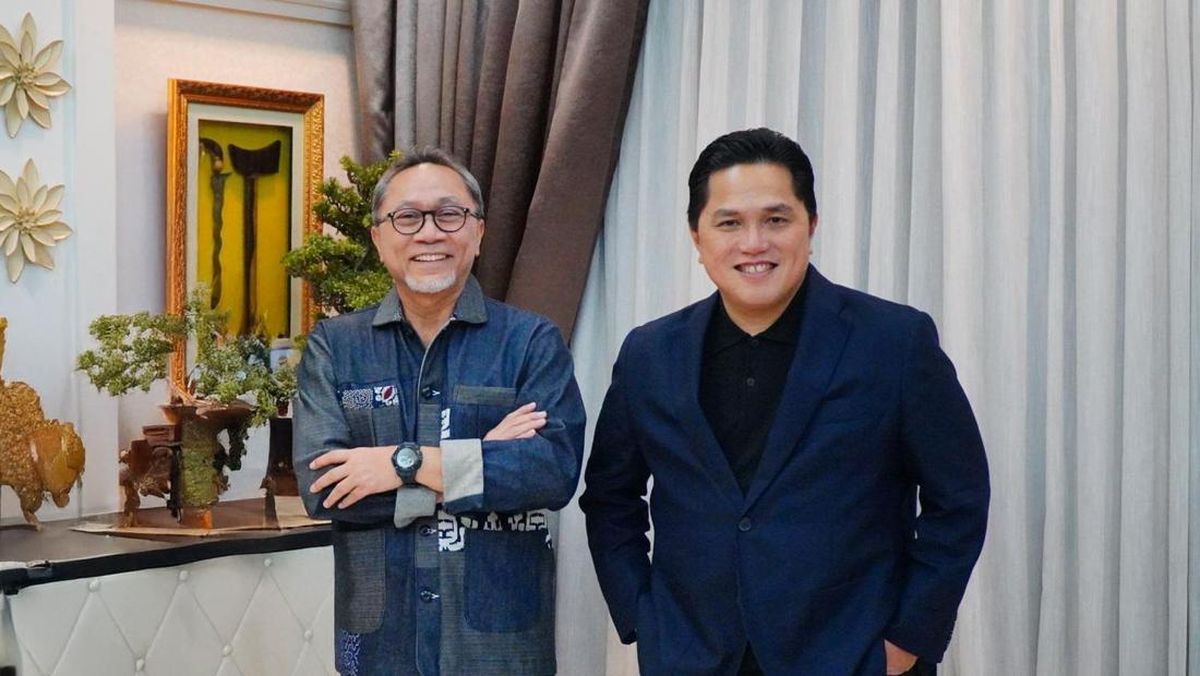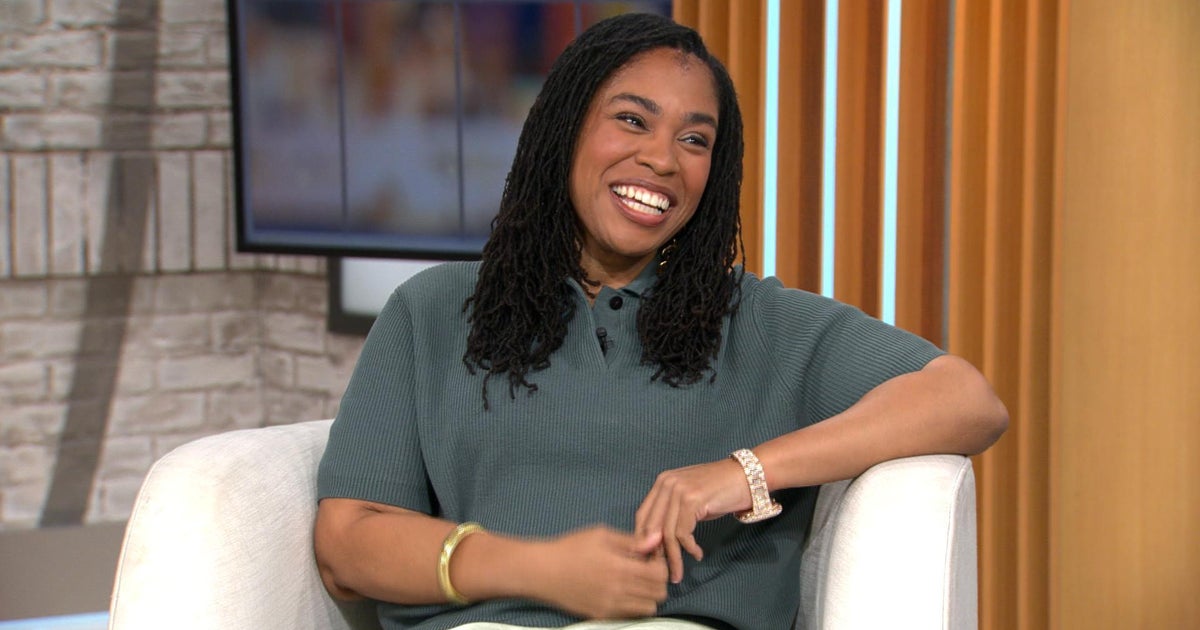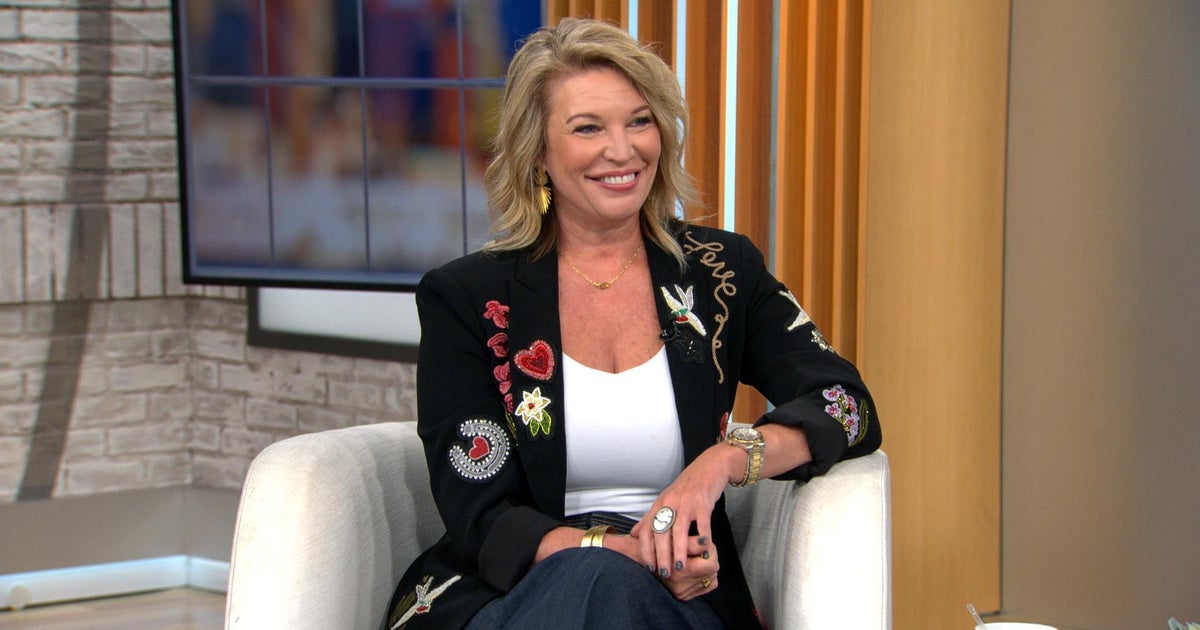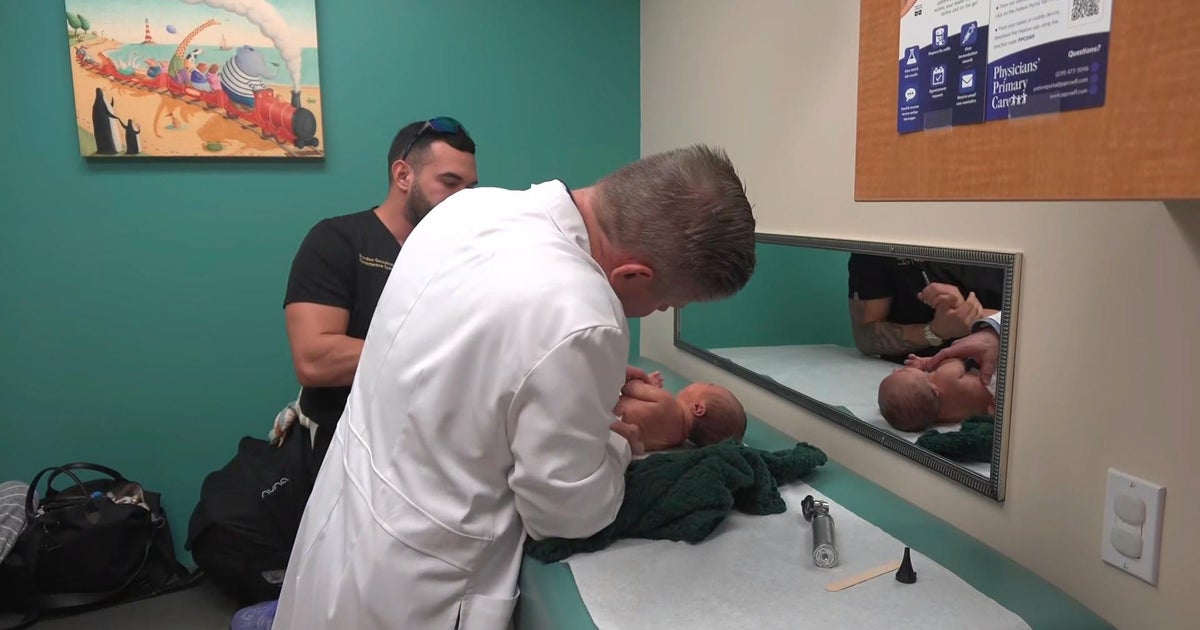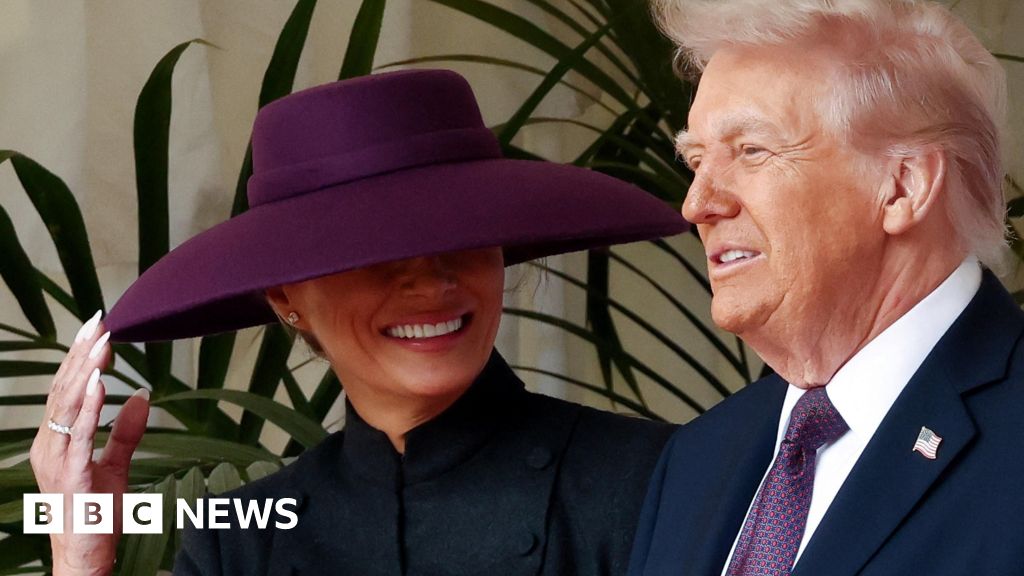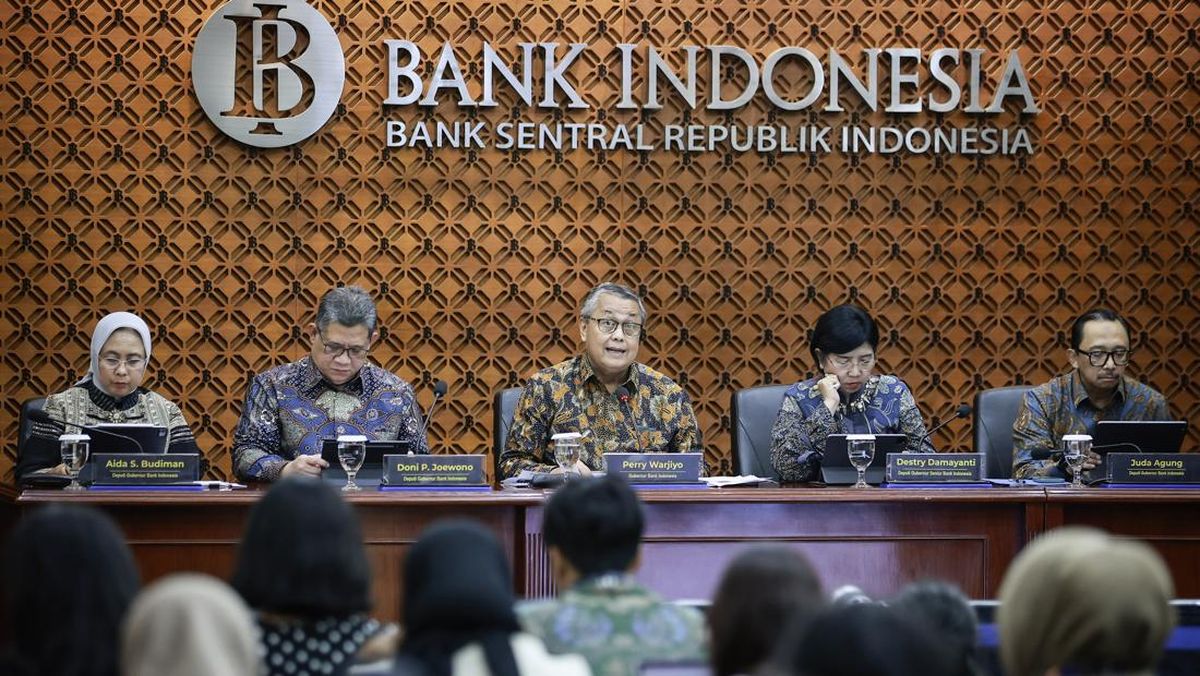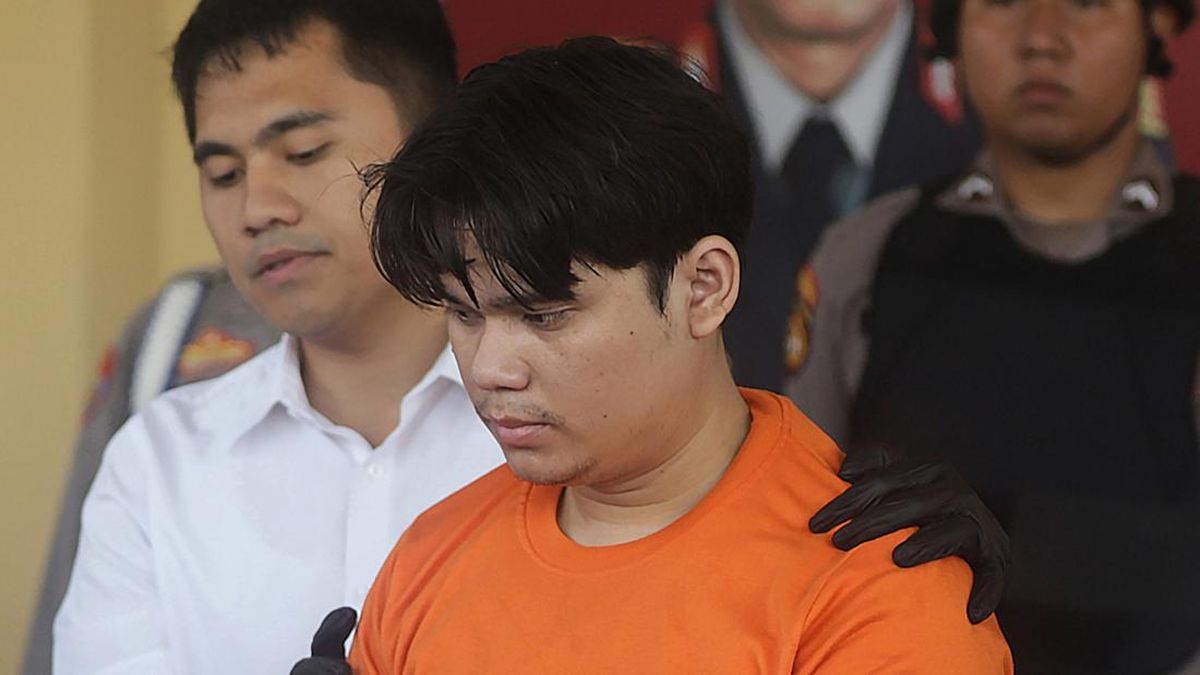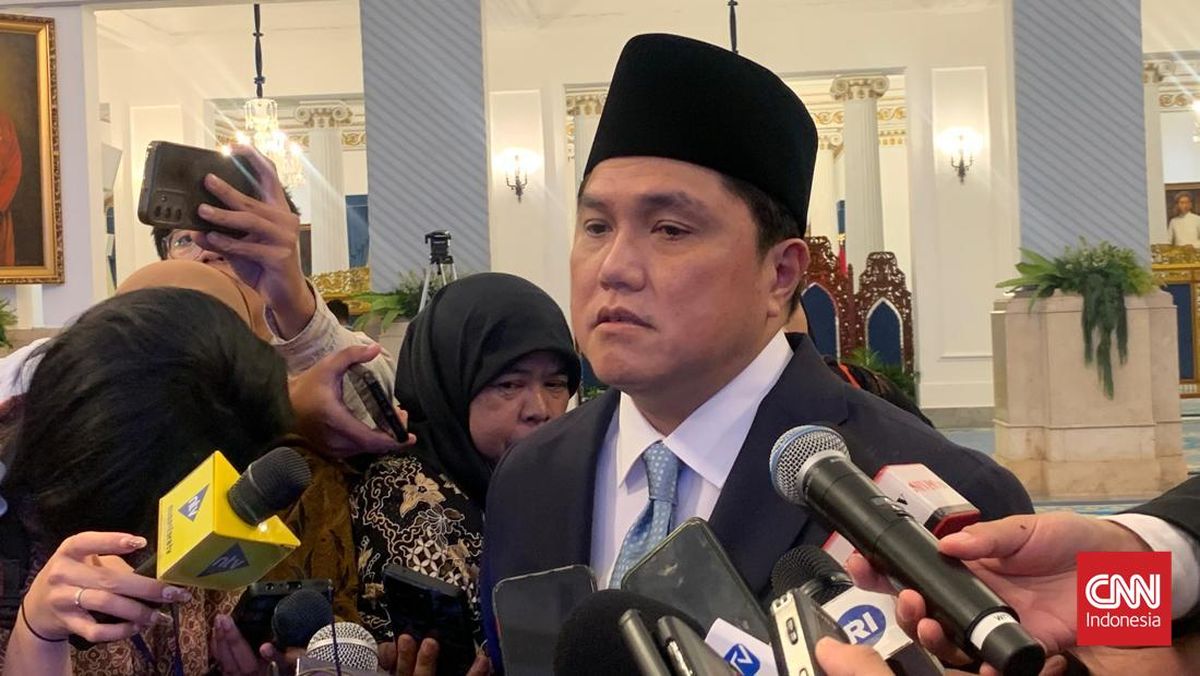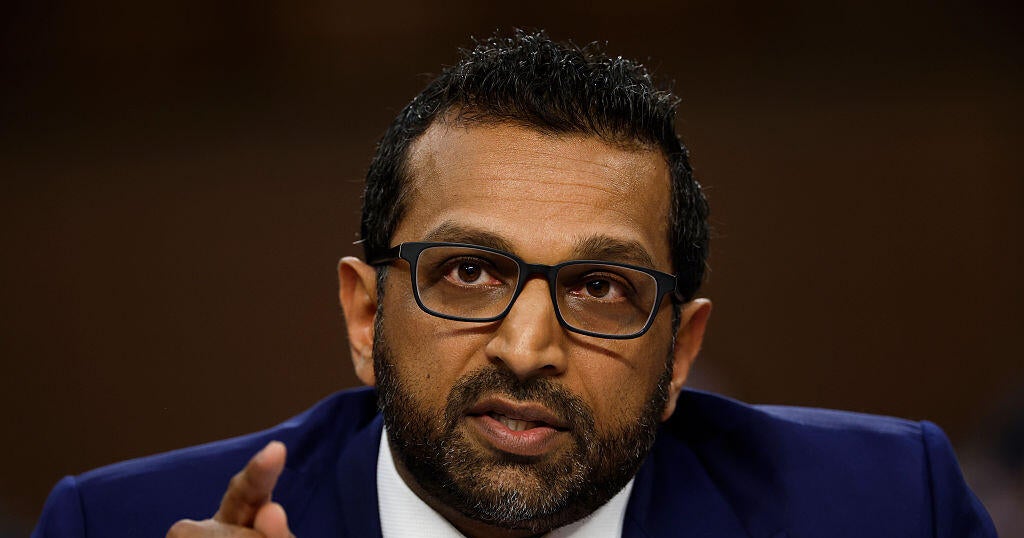When the Australian Historical Association held its annual gathering
at Flinders University in Adelaide last year, the title for its conference was “Home Truths”. This seemed a fitting rubric for an academic discipline in the grip of a worsening recession. “Australian Historical Association conferences are usually a time of celebration, and with good reason,” said Associate Professor Martin Crotty from the University of Queensland, when he addressed a session entitled, “The Future of Academic History in Australia: A conversation starter.” “Most of us have just filed results after a semester of teaching, culminating in a marking frenzy, and the opportunity for a change of scenery away from the daily grind comes as a relief.”
But he was about to mug the session with reality. “We cannot just pretend that all is well,” he continued. “We are a discipline in decline.”
Crotty, along with a fellow historian from the University of Adelaide, Paul Sendziuk, had crunched the numbers. There were now 30 to 40 per cent fewer academics in Australian history than there were 35 years ago. Over a period when the university sector had expanded enormously, the study of the past was on a downward trajectory. “History has not only failed to share in this growth,” said a despairing Crotty, “but has declined.” Since 2017 alone, there has been a further significant decline of 10 to 20 per cent in the number of history staff positions at Australian universities.
“There are fewer and fewer positions in history,” Crotty tells me now, “and fewer students.” Of particular concern was the 45 per cent reduction in the number of postgraduate history candidates. These are the scholars who, after completing their doctorates, often go on to pursue academic careers – the future of the discipline.
Another speaker, Dr Tamson Pietsch from the University of Technology Sydney (UTS), deepened the gloom. “Enrolments in history-degree programs in Australian universities are crashing, and academics are exhausted and disillusioned,” was her message. “As academic historians, our predicament is made more galling by the huge public appetite for history that exists beyond the university.” The low point of the session came when Crotty spoke of colleagues being on antidepressants. “It was really bleak,” recalls Michelle Arrow, a history professor at Macquarie University, who was then about to take up the presidency of the Australian Historical Association. “A real wake-up call.”
Delivering his outgoing presidential address at the conference, Professor Frank Bongiorno of the Australian National University hardly boosted morale. “History staff in several large Australian universities would now fail to muster sufficient numbers for a cricket team,” he opined, “where once they could have fielded three or four XIs.”
Since last year’s conference, the crisis has deepened. Last November, faced with a $35 million shortfall in funding following a drop in international student enrolments, the University of Wollongong announced plans to cut more than 100 jobs. These included all the academics in its history department. After an academic outcry, the university backtracked. The history department was saved, but will still lose half its staff.
This near-extinction event highlighted a sector-wide problem. Not only are staff and student numbers down, history professors who retire are not being replaced, which means specialist subjects, such as European history, are sometimes no longer available. “Universities are shitting in their own nests, by blowing off so many staff,” Crotty tells me.
History is not always taught any more as a standalone discipline. In some universities, it has been absorbed into more fashionable degree subjects, such as journalism and even creative writing. “It’s in danger of being sidelined,” says Anna Clark, the author of Making Australian History, a masterful account of the telling of the country’s national story, and a professor at UTS, which does not have a history department.

The author of Making Australian History, Anna Clark, who is also the granddaughter of historian Manning Clark: “History is in danger of being sidelined.”
The breadth of curriculum has narrowed. The University of Queensland no longer offers courses in American or Middle Eastern history. And this at a time when the need for historical elucidation has rarely been greater. Caps on international student numbers brought in by the Albanese government have created a cash crunch, which has been especially damaging to the humanities. No one can point to a history department at an Australian university that is presently expanding. Morale within the history profession is at a low ebb, if not rock bottom. “Far too many of my colleagues are working themselves into a frazzle,” says Crotty, who is even more pessimistic now than he was at the AHA conference last July. “To be perfectly blunt, it’s a shithouse situation,” he told me. “And it’s getting worse.”
Before traversing more of this barren terrain, I should declare an interest. After failing spectacularly as an architectural student in the 1980s, I found refuge in my university’s history department. There, to the surprise of both me and my tutors, I became something of a born-again academic. Rather than mix it with medievalists or trace the ancestral bloodlines of Britain’s royal houses, I gravitated towards the modern, and focused as much as I could on the United States. A final-year undergraduate thesis, peering through a critical lens at the myth of John F. Kennedy’s Camelot, became the launchpad for a doctorate in history. Part of the reason I became a journalist after completing my PhD was to report history in real-time. More seriously than most did I embrace the cliché of foreign correspondentland: that we get to occupy a front-row seat of history. If, as the legendary American journalist H.L. Mencken once suggested, reporting was the “life of kings”, that front-row seat was its throne.
Loading
The present, it seemed to me, only made sense if you understood the historical forces shaping it. American writer William Faulkner’s oft-quoted maxim became a go-to: “The past is never dead. It’s not even past.” Then I woke up to the fact that Faulkner was everyone’s go-to, so I parroted others instead. The Dutch historian Pieter Geyl once dryly noted that history is an argument without end, a thought tailor-made for modern-day history wars. “History’s what people are trying to hide from you, not what they’re trying to show you,” was the British novelist Hilary Mantel’s near-perfect take. As a history boy myself, it pains me to see the discipline fall on hard times.
Also, I struggle to recall a moment in my lifetime when the need for historians to help make sense of the mad tumble of world events has been greater. With Gaza, Ukraine, the tensions between Pakistan and India, which came close to exploding earlier this year, and the conflict between Israel and Iran, historical context is everything. US President Donald Trump’s actions in bombing Iran, and his reluctance to draw the US into a forever war with the Tehran regime, is obviously influenced by America’s misadventures in Afghanistan, Iraq and, before that, Vietnam. To make sense of Vladimir Putin’s imperial ambitions, it’s necessary to understand his sense of the Tsarist empire’s lost greatness. The same is true of Xi Jinping. His belief that China historically has been belittled by Western powers is key to understanding his modern-day mindset.
At the very moment, of course, that the US could be seeking guidance from its scholars, the Trump administration has launched an assault on its academic powerhouses. Harvard University, the president’s prime target, boasts one of the world’s premier history faculties.
What’s galling is that the decline of Australian academic history comes at a time when popular history has rarely been more popular. With 12 million downloads a month, The Rest Is History, presented by British historians Dominic Sandbrook and Tom Holland, has become one of the world’s most-liked podcasts. Their live shows play to packed houses, including here in Australia. Presidential biographers, such as Robert A. Caro – whose tomes on Lyndon Baines Johnson are as eagerly awaited among US history buffs as new Harry Potter titles used to be among children – have become literary celebrities.

Tom Holland (left) and Dominic Sandbrook, hosts of the popular The Rest Is History podcast.
Here in Australia, much of the shelf-space in bookstores is taken up by military history books on Gallipoli, Kokoda, Long Tan and Villers-Bretonneux. More than 1300 military history books have been written by Australian authors since the mid-1970s. In 2023, sales of historical and mythological fiction were up 17 per cent, according to Nielsen BookScan Australia.
Then there is the fascination with family history, underscored by the success of shows such as the SBS’s Who Do You Think You Are? and websites such as Ancestry.com. On the internet, genealogical search engines are almost up there with online shopping and porn.
This modern-day malaise in Australian academia is a far cry from the golden age of Australian history in the 1970s and ’80s. Back then, scholars such as Geoffrey Blainey, the author of The Tyranny of Distance, and Manning Clark, who penned a six-volume history of Australia, were national figures and almost household names. In 1980, Clark was even named Australian of the Year, an accolade which later that decade went to comedian Paul Hogan and crooner John Farnham. As a result of the “new nationalism” of the Whitlam years, fresh fields of study, such as convict, Aboriginal, welfare and religious history, had taken root. A sisterhood of feminist historians, including Anne Summers, Jill Roe and Ann Curthoys, became part of this historical renaissance, as Frank Bongiorno noted in his address in Adelaide last year. “Interest in Australian history burgeoned,” said Bongiorno that night. “History, it seemed, was a prince among the disciplines.”
Paradoxically, it was a historical commemoration, the Bicentenary in 1988, that brought to an end these halcyon days. Arguments over whether January 26, 1788, marked a moment of settlement or invasion ignited the history wars, and the profession entered a different, darker era. “The phase of discovery and freshness was followed by a period of controversy and subordination of history to ideological warfare,” Bongiorno tells me. “History operated almost as a kind of banner.” In 1993, Geoffrey Blainey coined the term the “black armband” view of history, as a rejoinder to the work in the 1970s and ‘80s of historians such as Henry Reynolds, who told the Australia story from more of an Indigenous viewpoint. When prime minister, John Howard, as part of his pushback against Paul Keating’s rethinking of Australian national identity, took up the “black armband” slogan.
Early this century, the cultural conflict escalated when the right-wing historian Keith Windschuttle published his 2002 book, The Fabrication of Aboriginal History. Boosted by cheerleaders in the Murdoch press, Windschuttle’s work became a broadside against left-wing humanities departments accused of teaching young Australians to feel guilty about their country’s past. Some academics felt bruised, and became reluctant to raise their heads above the parapet. “Historians were punished,” says UTS’ Pietsch, “and a lot of historians were bruised by that. Historians have retreated.”
‘There has been a sustained political attack on the humanities.’
Michelle Arrow, a history professor at Macquarie University“I don’t think anybody wants to be the subject of a media scandal, so there was probably a retreat,” reflects Michelle Arrow. But she also points to how the history wars sparked new areas of research. At the University of Newcastle, Professor Lyndall Ryan produced a digital map documenting more than 150 Aboriginal massacres that occurred from 1780 to 1930, which has greatly increased our understanding of the brutality meted out by settlers during the Frontier Wars.
The profession incurred other collateral damage. The reform brought in at the fag end of the Howard years, making the compulsory teaching of Australian history a condition of the federal-state funding agreement, had a dampening effect on higher education. “Since they made history compulsory, elective history went down,” says Anna Clark, the granddaughter of Manning Clark. “Maybe it was a case of, ‘I’ve done that, I don’t need to do it again.’ ”
The Job-Ready Graduates Package brought in by the Morrison government, which prioritised science subjects by making them cheaper for students than humanities degrees, was another hammer blow. From 2020 to 2021, when the scheme came into effect, the cost of history degrees jumped 117 per cent. “There has been a sustained political attack on the humanities,” says Arrow, “which is trying to reduce the number of students studying history at university.”
The Albanese government has not repealed those changes. “The Labor government has been too gutless to reverse it,” says Crotty. “There are no votes in it. It would open up a front of criticism. Cultural warriors can attack them by saying this is a ‘woke agenda’. I don’t think the Labor government is brave enough to take them on.” Where the Albanese government has been more active is in shoring up institutions vital for the craft of history, such as the National Archive, National Library and National Museum of Australia in Canberra.

Australian historian Manning Clark – a household name in the 1970s.
At the same time historians were coming under political fire, the discipline was evolving. History was more hyphenated and siloed, leading to what Bongiorno calls “the decline of the generalist”. This “undermined collective identity and solidarity”. Historians became more cut off and cloistered. Nor were they incentivised to take a more active role in public debate. Quite the opposite. Career advancement is based on publishing peer-reviewed work in academic journals, most of which are behind paywalls and inaccessible to the public. Getting published by a prestigious university press, such as Cambridge or Oxford, is another yardstick of scholarly achievement. Yet academic titles often retail for more than $150. Upon these kinds of metrics university rankings are based.
“Australian academics have done what the profession has asked them to do,” says Pietsch, “which is often to produce articles read by only a handful of people. They have become detached from a local audience. Re-engaging with that audience is not rewarded by the status system. There are no promotion structures that reward that. In that context, they’ve lost the habit and the muscles to do it. It’s not the individual academic’s fault. We’re doing what’s asked of us.”
Bongiorno agrees. As he noted while addressing his colleagues last year: “We have also overwhelmingly become the captives of a university culture driven by the quest for international student fees and the related phenomenon of global rankings that privileged the so-called international journal or academic press – almost invariably British or American – over every other means of scholarly communication.”
Certainly, there is a lot of blame to go around. But are historians authors of their own grief? Are there other explanations for why academic historians struggle to connect with the public when podcasts such as The Rest Is History achieve this so effortlessly?
The podcast’s co-host Dominic Sandbrook, who has a doctorate in US history from Cambridge University, has some thoughts on this topic. “People are bored with history being told in a hand-wringing, pious, judgmental and moralistic way,” he told the UK’s Daily Telegraph last year. “They want it brought to life by people who are genuine enthusiasts and love the past.” Writing in The Daily Mail in 2021, at a time when statues were being toppled and figures such as Winston Churchill were coming under assault for their racism and colonialism, he spoke of the motivation behind his successful Adventures In Time children’s history books as a “personal crusade to convert Britain’s young readers to the joys of the past, free from political dogma or ideological prejudice”.
Has political dogma among academics proved off-putting here? “In Australia, we’ve had this perception that there are only two ways of telling the national story,” says Arrow, “a hand-wringing way and a celebratory way. It misses the shades of grey.” Bongiorno thinks historians should avoid delivering moral lessons. “I don’t think we produce histories to induce guilt in our audiences,” he tells me, “but I probably accept that strand is still there … ‘Let’s find the worst things they did and said in the past and set them out in our histories’ is clearly not a very satisfactory or useful way of doing history. But my sense is that most of us would avoid that kind of approach, and we do try to provide a rounded sense of the past.”
Loading
In a polarised world, where binary narratives increasingly predominate, nuance often gets lost amid all the noise. And though the fashion on the left, especially in the US, has been for cancellation, historians should be in the contextualisation business. Here, I am not arguing in favour of a wishy-washy both-siderism, or squeamishness in the telling of historical truths. As a scholar of the struggle for black equality, my firm sense, rooted in empiricism, is that critical-race theory in the US is, at its core, a statement of the obvious: the simple and incontestable proposition that racial discrimination was implanted in legal and social institutions, mainly slavery, from America’s founding. Manifestly, that theory applies here in Australia, too.
Yet much of history does not lend itself to such declaratory findings, and there’s much to be said for adopting a both/and approach to the past, embracing complexities and contradictions, rather than a binary either/or. Not romanticism or retribution, but historical realism.
At a time when degree courses are increasingly being assessed on their economic worth rather than intrinsic value, historians also need to mount a stouter defence of the kind of graduates they are moulding. “History teaches communication skills, research skills, synthesised thinking, how to evaluate when you’re reading real information and not stuff produced by bots,” says Anna Clark. “I don’t know many historians who do not have good jobs. It’s hard to persuade them of that at the beginning. It’s not a tangible pathway. But they’re really transportable skills.”
Loading
As part of this professional protectionism, it is also worth stressing how humanities departments have proven, over the generations, to be among the most productive engines of social mobility. History departments have long been the gateway into academia for kids who became the first in their families to attend universities, partly because the entrance requirements are not as exacting as in the sciences. In the 1960s especially, the humanities attracted many female students determined to get degrees and launch careers.
At this crucial history juncture, which is as much a watershed in global affairs as the fall of the Berlin Wall in 1989 or the fall of Berlin in 1945, historians should be front and centre. “If historians have a kind of domain, it’s the domain of citizenship,” says Pietsch. “That is why the discipline rose to prominence in the late 19th century. It is what sustained it throughout the 20th century. And if the profession is to survive, it has to have a rapprochement with that concept … It’s a question of democracy. History is central to the democratic future of our country.”
She’s right, and perhaps that should serve as something of a mission statement for the profession. After all, nobody should want to see the end of history, especially at a time when it is coming at us so thick and fast.
To read more from Good Weekend magazine, visit our page at The Sydney Morning Herald, The Age and Brisbane Times.

